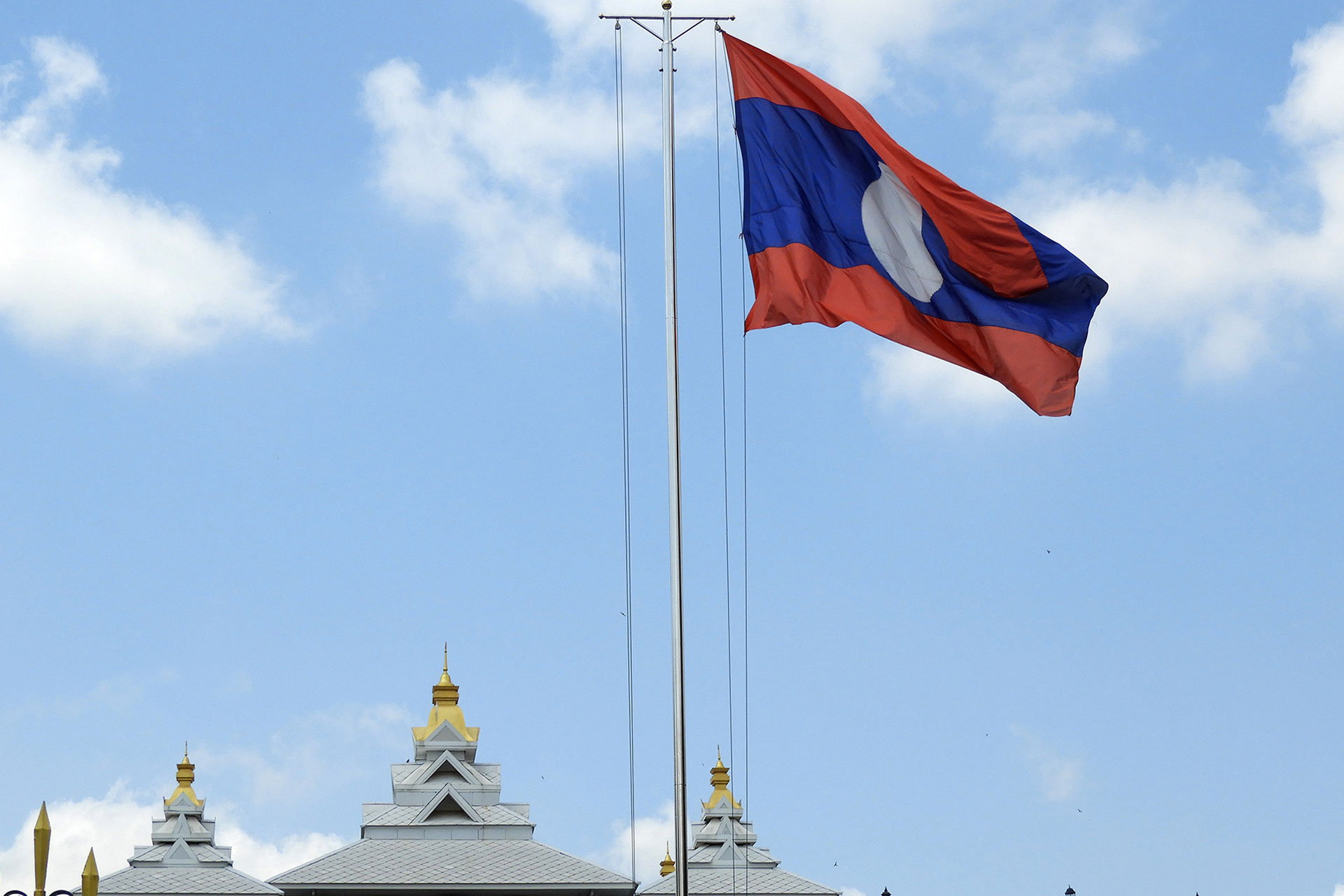How is Vientiane faring in these first months as ASEAN chair, ahead of the summit in the fall?
Francesco Mattogno
There was a time, around the end of April, when Laos was missing both the president and the prime minister at the same time. This seems odd for a country that has a reputation for being “land-locked,” meaning “trapped by land,” as the only state in Southeast Asia that is landlocked. A condition that, according to some theories, would make Vientiane by its nature less interested or touched by international affairs.
On April 23, while President Thongloun Sisoulith was meeting in Phnom Penh with Cambodian Premier Hun Manet and King Norodom Sihamoni, Prime Minister Sonexay Siphandone was attending the ASEAN Future Forum, held in Hanoi. Speaking with his Vietnamese counterpart Pham Minh Chinh, Siphandone renewed Laos's commitment to strengthen cooperation with Vietnam in various areas, from defense to trade, via infrastructure, energy, and tourism. All while Sisoulith gave his support to the Funan Techo canal that Cambodia plans to run from the Mekong River, with accompanying Vietnamese protests.
This was an interesting balancing act, showing some diplomatic initiative on the Laotian side. Vientiane has inserted itself more often than usual into regional and international affairs in recent months, aided by its role as chair of ASEAN. The chairmanship of the Association of Southeast Asian Nations (ASEAN) is an annual position, awarded on a rotating basis to the bloc's ten member countries in alphabetical order according to English. And 2024 is the year of Laos, which chairs the association for the third time in its history (after 2004 and 2016).
As has been the case for the past three years, Laos has inherited from its predecessor (Indonesia) a number of thorny dossiers left unresolved. From the civil war in Myanmar, which the group has never been able to affect, to territorial disputes over the South China Sea between China and five ASEAN countries (the Philippines, Malaysia, Vietnam, Brunei and Indonesia). Issues compounded by tensions between Beijing and Washington and conflicts (Ukraine, Gaza) that threaten to change the international order on which Southeast Asia's economic growth has been based for decades.
Given these critical issues, in these early months Vientiane has sought to promote ASEAN's centrality more economically, than politically. Laos is a country with a huge public debt (125 percent of GDP in 2023) that has seriously risked default in the last two years, which is why it is using the association as a launching pad to lift the state of state finances. Not surprisingly, in his agenda as ASEAN chair, the Laotian government has decided to prioritize issues such as economic integration among the bloc's countries, digitalization, tourism, and sustainable economic growth.
In all meetings, from ministerials to summits with partner countries such as Australia and New Zealand, trade, investment and infrastructure projects have been discussed, without ever firmly touching on sensitive issues such as the war in Myanmar (a generic cessation of hostilities has been called for several times) or the South China Sea. The latter, for example, was also barely mentioned during the early April meeting between Laotian Foreign Minister Saleumxay Kommasith and Chinese counterpart Wang Yi, despite the fact that the two spoke during one of the most tense moments in the area between China and the Philippines.
Heavy economic dependence on Beijing (which holds half of Lao's foreign debt), compounded by ambiguous relations between the Lao People's Revolutionary Party government and the Burmese military junta, made it complicated to think that Laos could succeed in truly affecting major international issues where much more influential countries have failed, such as Indonesia.
Despite this, Vientiane has not remained completely immobile, especially on the Burmese front. The ASEAN special envoy for Myanmar appointed by Laos at the beginning of the year, Alounkeo Kittikhoun, immediately met with Burmese military junta leader Min Aung Hlaing (but failed to talk to regime opponents), and Naypyitaw sent its own non-political representative to an ASEAN meeting for the first time since 2021. This last point is positive because it represents a step backward by the regime, which had always claimed to be represented by a member of the government, and would be due precisely to the good relations between the two countries. It remains to be seen whether the Laotian government can-and will-do more in the coming months.






